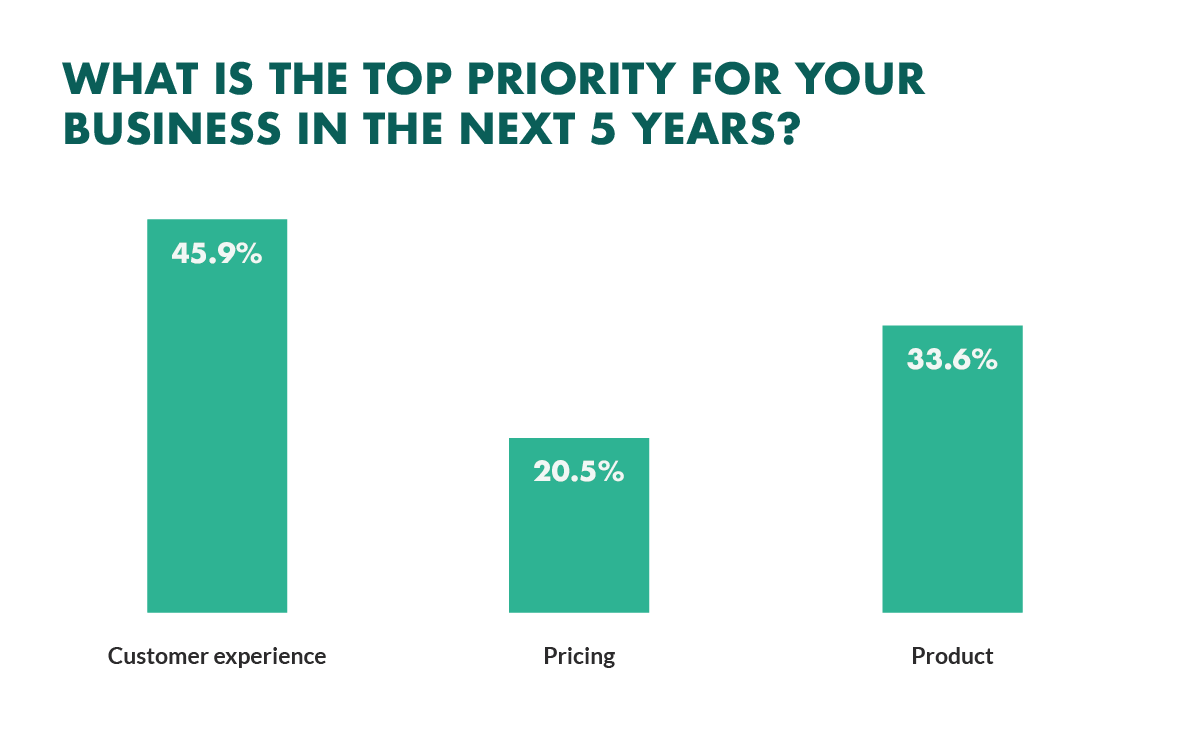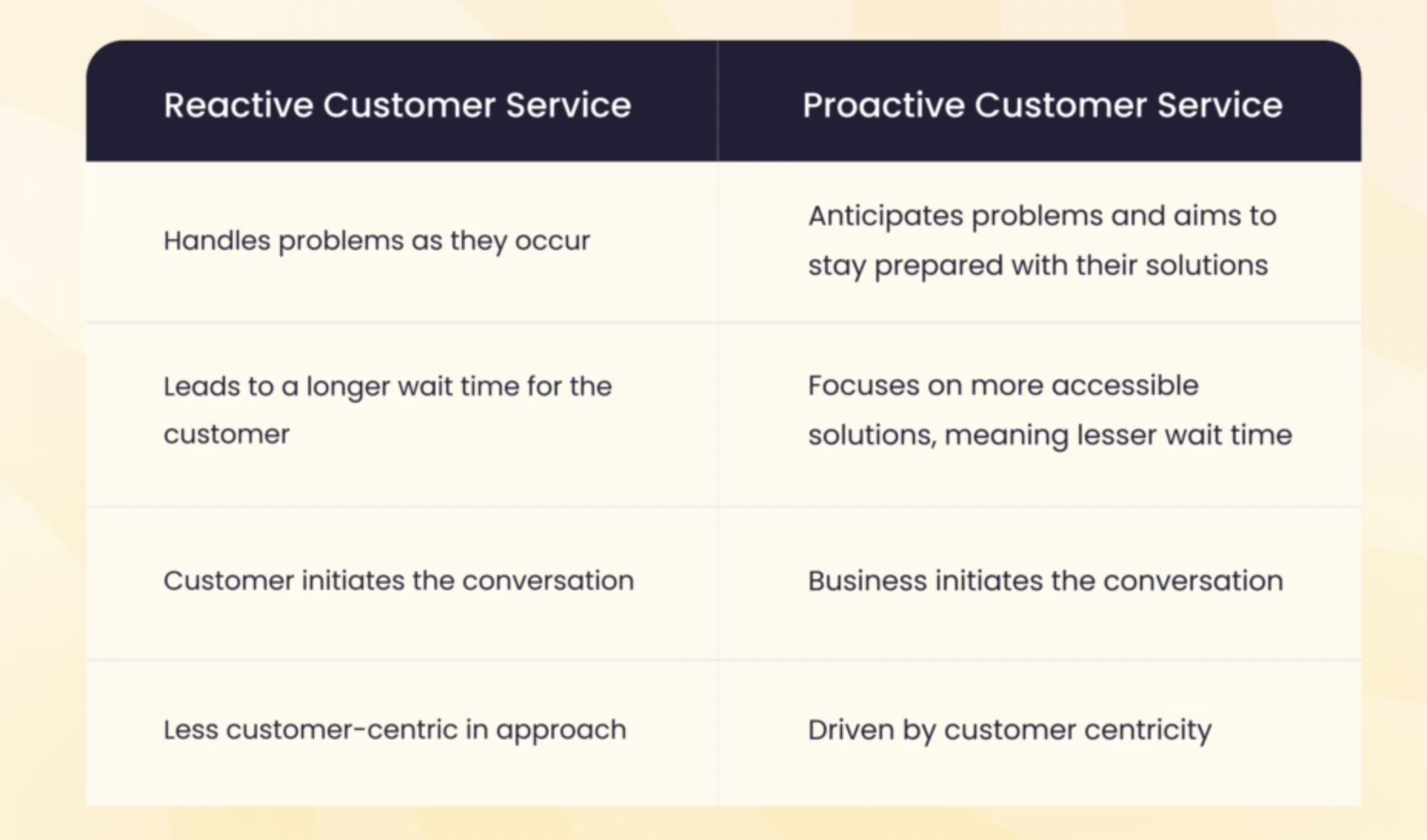Customer Experience (CX) automation stands out as a transformative force for businesses. By harnessing technology to streamline interactions, companies aim to revolutionize customer empowerment, operational efficiency, and revenue growth. Yet, this innovation demands a nuanced approach, balancing the drive for efficiency with the imperative of maintaining personalized, human-centric service.
CX Automation
The data underscores the paramount importance of CX automation. Research reveals that a staggering 86% of consumers are willing to invest more for an elevated customer experience, signaling a ripe opportunity for businesses. Here are some interesting numbers for customer experience in 2024 –
- 86% of buyers are willing to pay more for a great customer experience and 49% of buyers have made impulse purchases after receiving a more personalized experience.
- 81% of organizations already cite CX as a competitive differentiator and 88% of companies now prioritize customer experience in their contact centers.

- More than two-thirds of companies compete primarily on the basis of customer experience – up from only 36% in 2010, but only 44% of organizations will increase the investment in their CX initiatives.
- By 2030, Gartner estimates that customer-owned bots will automatically raise a billion service tickets.
- 25% of all customer interactions were automated through AI and Machine Learning three years ago, reaching 40% today.
- The average response time for customer service emails is 12 hours.
- More than 85% of customers want to experience proactive communication and contact from a business.
- With 9 out of 10 businesses competing on customer experience, it’s the organizations that take customer experience seriously that will stand out from the noise and win loyal customers over.
Success Stories and Strategies
In the realm of CX automation, success stories abound. Consider Zappos, the online shoe giant. It has mitigated call center burdens through a comprehensive self-service portal, for swift access to FAQs and product information. Similarly, Sephora’s personalized chatbot enhances the shopping journey by delivering tailored makeup recommendations, enriching customer engagement. IKEA launched IKEA Kreativ, an AI-powered design tool that lets customers virtually plan their homes with IKEA furniture using 3D mixed reality. Meanwhile, Netflix’s data-driven content curation not only captivates users but also minimizes churn. Automation has undoubtedly increased user satisfaction in all areas for Netflix because of their better CX.
CX Automation: What to Avoid & What to Expect
Despite its promise, CX automation is not without its pitfalls. Impersonal interactions, typified by labyrinthine automated phone systems, risk alienating customers and eroding brand loyalty. Furthermore, the limitations of chatbots in tackling complex issues may breed frustration among customers seeking tailored solutions. Heightened concerns surrounding data privacy underscore the imperative of transparent and secure automation practices, as breaches in trust can prove detrimental to brand reputation.

Looking ahead, the trajectory of CX automation is marked by several key trends. Advances in AI technology is poised to imbue chatbots with increasingly human-like capabilities, facilitated by advancements in natural language processing. Moreover, hyper-personalization, driven by real-time data analysis enables businesses to anticipate and fulfill customer needs. Yet, amidst these advancements, the human touch remains indispensable, underscoring the enduring role of human agents in resolving intricate issues and cultivating genuine connections.
CX automation represents a formidable tool for businesses seeking to elevate customer experience and drive growth. By prioritizing efficiency, personalization, and ethical data management, companies can craft a robust automation strategy that empowers customers while preserving the essence of human interaction. Ultimately, the seamless integration of technology and human touch will define the future landscape of exceptional customer experience.





























